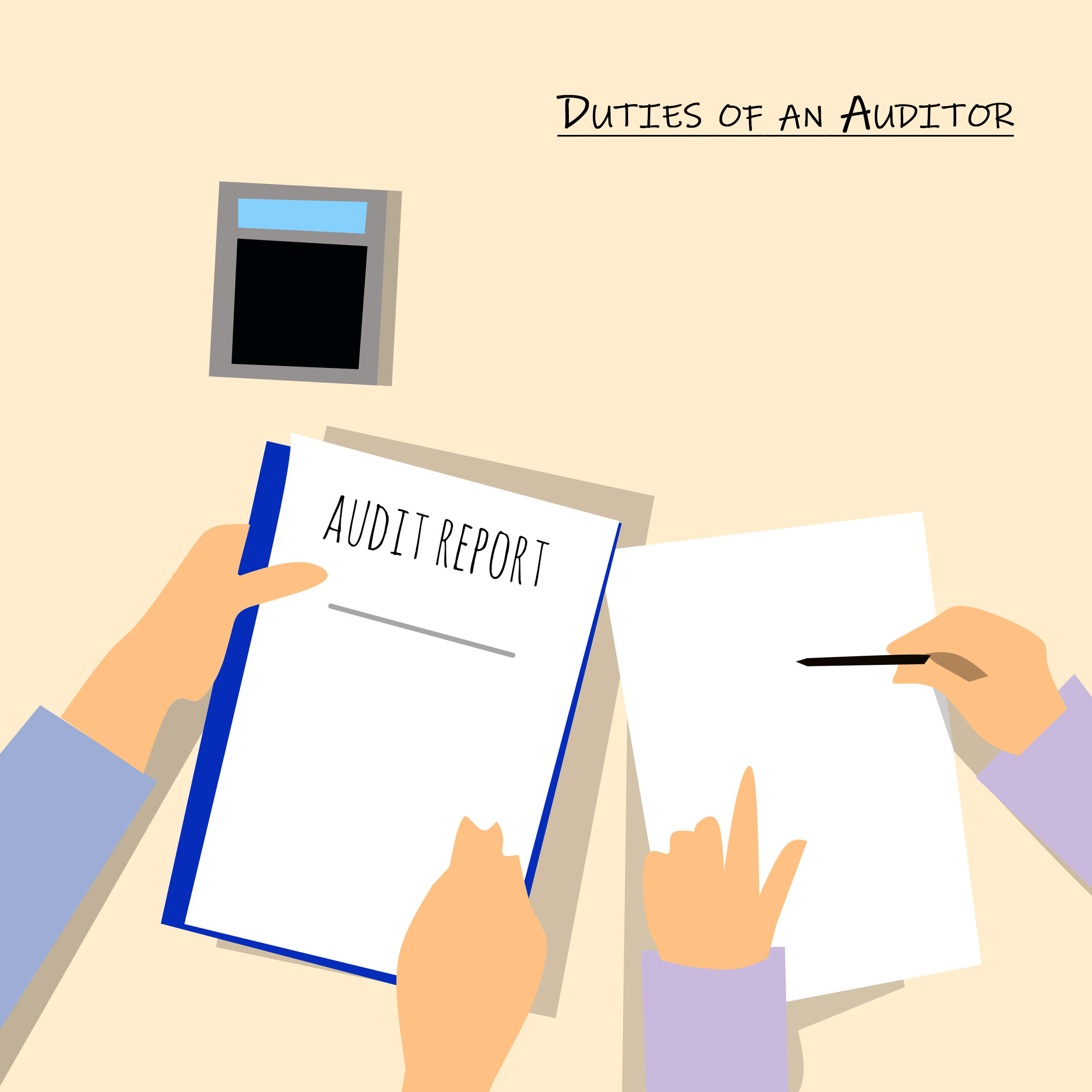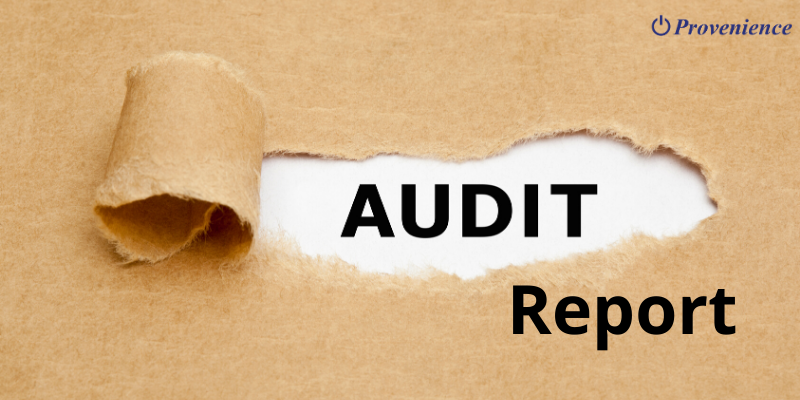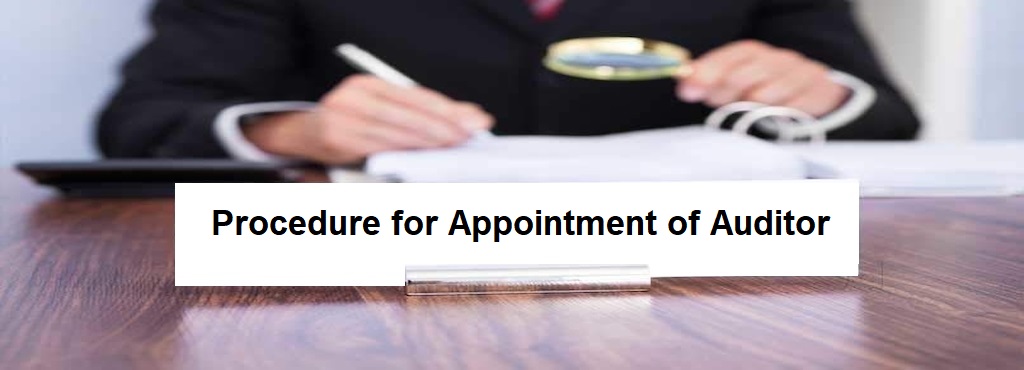Section 139 (1) of the Companies Act, 2013, states that every company must appoint an auditor. Further, the Act also confers certain rights and duties upon the auditor. For an auditor to perform in a fair manner, he needs powers to avoid any roadblocks. While auditors of a sole proprietorship or partnership can have rights depending on the agreement between the firm and the auditor, in the case of companies there are statutory rights and duties of an auditor. Today, we will talk about the duties of an auditor in a company.

An auditor is a qualified professional who evaluates the financial statements of a company. The core idea is to ascertain if the company is complying with the set standards. A company can hire an internal auditor (working in the organization) or an external auditor (not related to the organization). While an internal auditor might have some bias, an external auditor is usually fair and without prejudice.
Duties of an Auditor
Section 143 of the Companies Act, 2013, outlines the duties of an auditor. Here is a detailed explanation of the same:
Provide Audit Report
An auditor is primarily expected to examine the company’s accounts and financial statements and provide an audit report. Further, he must present this report to the company. This report helps in establishing the credibility of the company’s accounts. The primary reason behind this credibility is the assurance from the auditor. Also, the audit report ensures that the accounting and auditing standards are met.
Make Proper Enquiry
An auditor can request access to all financial information of the company. This includes the books of accounts, vouchers, etc. Further, the auditor has the right to make the following inquiries from the company:
- Has the company properly secured the loans and advances extended on the basis of security? Also, he must confirm if the company has ensured that the terms and conditions of the loans/advances are fair.
- If there are some transactions that are mere ‘book entries’, then the auditor must ensure that they are not harmful to the company in any manner.
- Has the company shown its loans and advances as deposits?
- Are the personal expenses charged to the revenue account?
- If shares were allotted for cash, then has the cash been received? If not, then the auditor needs to verify the company’s stand in the book of accounts.
Audit of the Branch Offices
Usually, one of these people audit the branch office of a company:
- The Company’s Auditor
- An auditor appointed for the branch
- In the case of a foreign branch, any competent person as per the laws of the foreign country
A branch auditor needs to perform all the duties of an auditor but at the branch level. Further, he needs to submit the audit report to the company’s auditor for examination.
Compliance-related Duties
An auditor must ensure that he complies with the auditing standards set by the government. The central government sets these standards after consulting the National Financial Reporting Authority (NFRA) and the Institute of Chartered Accountants in India (ICAI). These standards help the auditor in examining the accounts efficiently.
Fraud Reporting
Since an auditor examines the books of accounts of a company, sometimes he can uncover a fraudulent transaction. This is sufficient reason for the auditor to believe that an offense has been committed equivalent to a fraud against the company. Since the company’s officials maintain the books of accounts, the auditor must assume that some employees have committed this fraud. In such cases, he must report the fraud to the central government or the Board of the Company, as the case may be applicable.
Maintain Integrity and Confidentiality
An auditor must learn to maintain confidentiality. While performing his duties as an auditor, he is privy to sensitive information about the company. He must ensure that he does not disclose this information to anyone without the company’s express approval. Further, the auditor must also exercise integrity while auditing the accounts.
Offer an honest opinion
In the audit report, an auditor must provide his opinion on the accounts of the company. If the auditor feels that the company’s statements provide a fair representation of its affairs, then he can confirm that the company complies with the statutory requirements and GAAP (Generally Accepted Accounting Principles).
On the other hand, if he feels that the financial statements do not provide a fair picture of the affairs of the company, then he must voice his adverse opinion regarding the same. Also, if he is dissatisfied with the information made available to him regarding the financials of the company, then he can issue a disclaimer of opinion. This indicates that he could not determine the financial status of the company due to the lack of adequate information. He must also specify the reasons behind this opinion.
Summing Up
Further, an auditor also needs to provide assistance to any officers investigating the company. Hence, as you can see above, the duties of an auditor encompass a wide range of functions. We hope that this article helped you understand the auditor’s duties in detail. to avail services for the appointment of an Auditor in your company, you can check out our auditor appointment services.














